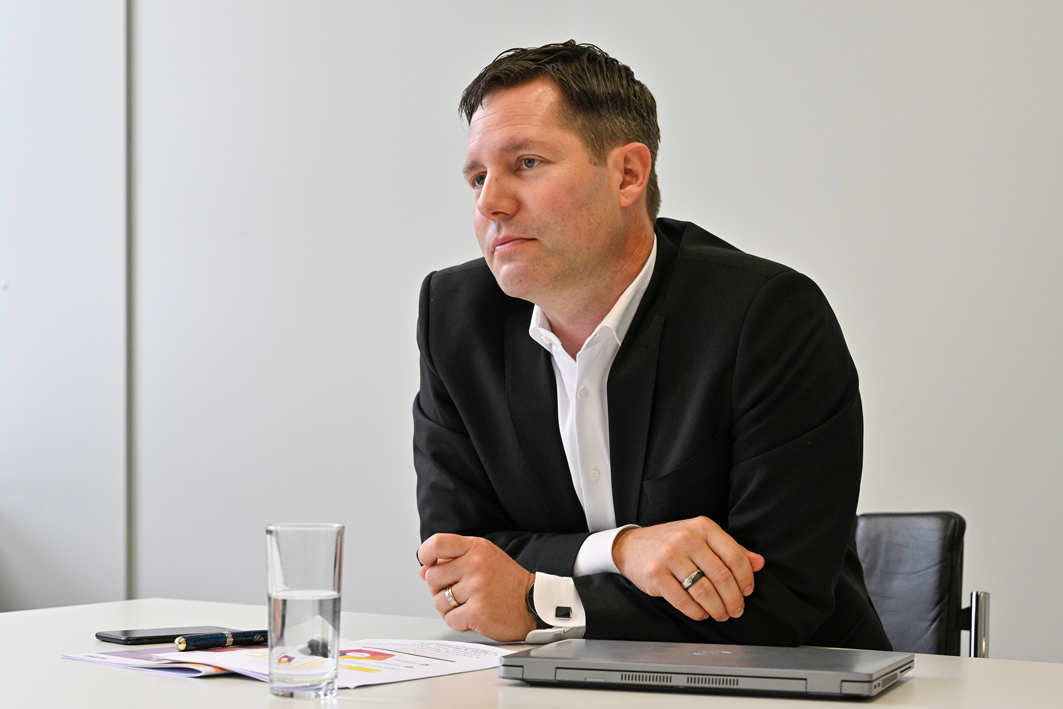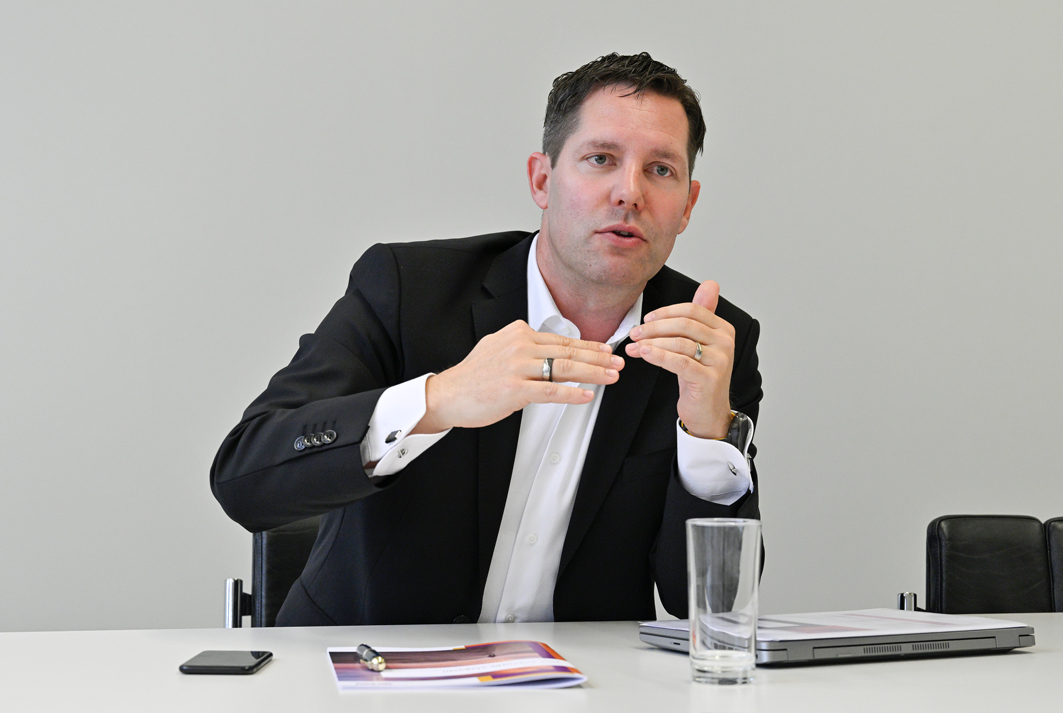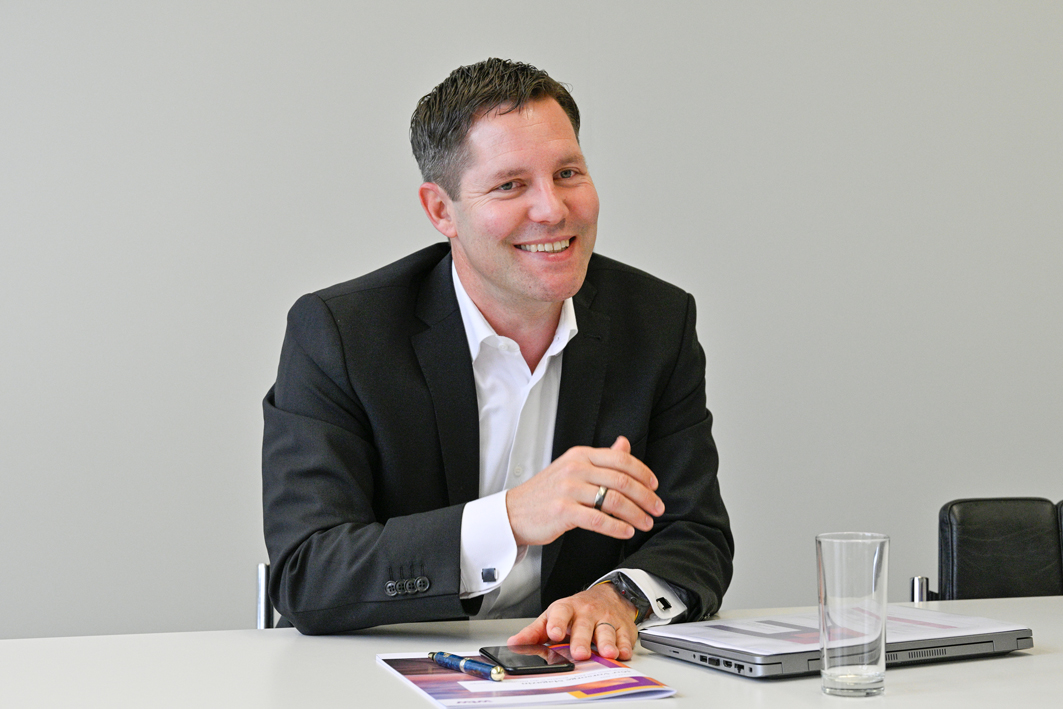echo interview with Reto Ebnöther, Head of Health and Benefits, WTW (Willis Towers Watson) Switzerland
elipslife echo: In its 2023 Benefits Trends Survey, WTW examined current benefit strategies. A total of 85 companies in Switzerland took part in the survey. What are the key findings?
Reto Ebnöther: Companies see “talent attraction” as their greatest challenge. Benefits packages are therefore becoming a decisive element in the race for new talent. Secondly, the current geopolitical and economic challenges are causing significant cost pressure. A company therefore has to think carefully about which benefits it wishes to invest in. Thirdly, companies cited the “employee experience” as their greatest internal challenge. The question here is how to structure and communicate the “employee value proposition” so that employees are and remain satisfied.
Benefits were originally limited to fringe benefits. Today the term is perceived much more comprehensively. What does WTW consider to be the most important benefits?
Traditional benefits such as pension fund benefits are still very important. However, today’s benefits also include various holiday benefits (such as extended paternity leave, holiday purchase), mobility offers and further training opportunities. And then there are corporate culture aspects such as wellbeing packages. With offers such as these, companies show that they are interested in their employees, that they listen to their needs and support them – in short, that they care for them.
Benefits are intended to promote the physical and mental health of employees and increase general wellbeing. However, only 45% of the companies surveyed consider benefit measures effective in this context. Why is this?
Companies are aware that they still have room for improvement in their efforts. As a result, they are cautious about self-assessments. Benefits also cover a broad field, such as the aforementioned wellbeing. WTW takes a holistic approach when discussing wellbeing. We distinguish four dimensions of wellbeing: the physical, the emotional, the social and the financial. It is difficult to prioritise correctly in such a wide area. Companies tend to do nothing rather than risk doing the wrong thing. An analysis of employees’ weaknesses and needs would be a good start here. Once this first step has been taken, the rest often develops by itself.
Companies can use benefit strategies to support the mental health development of employees. Have companies exhausted this potential?
Certainly not. Surveys consistently show that employees would like more support. The subject of mental health is complex. Absences due to mental illness have been on the rise for years, and Covid has exacerbated this further. From a corporate perspective, the focus here is on promoting resilience. Listening to and supporting employees, giving them a sense of security and breaking certain taboos. Raising awareness amongst managers is also important, as is creating a good communication culture based on trust. Only then will people consider approaching their line managers if something is wrong.



